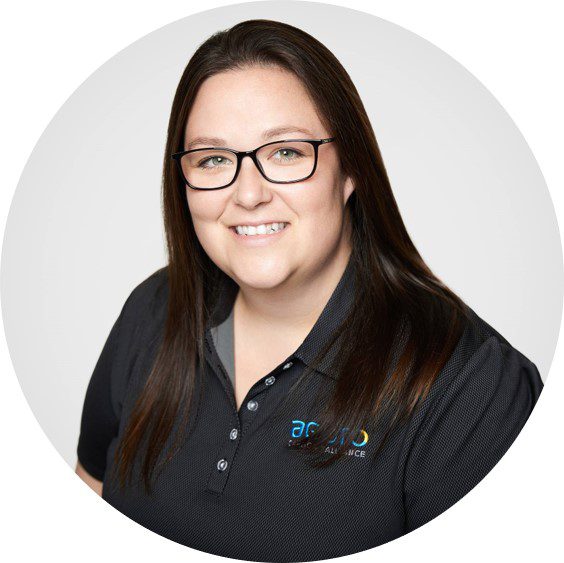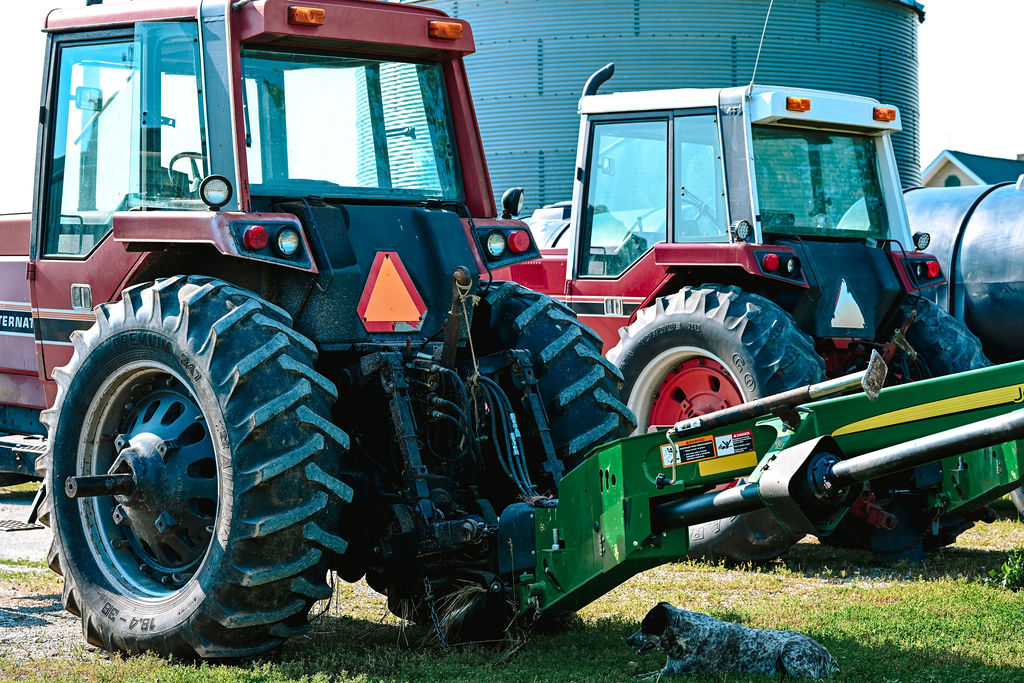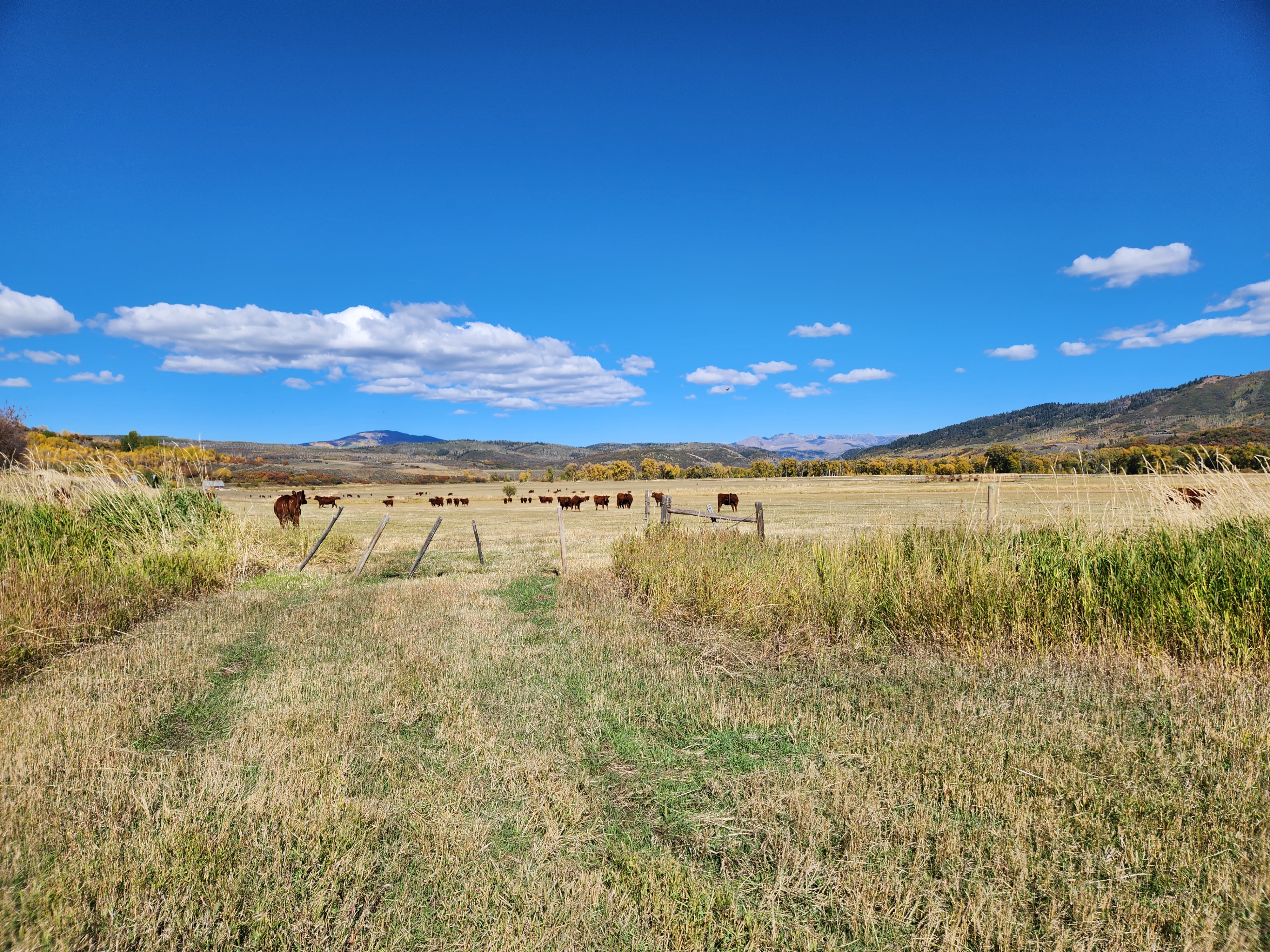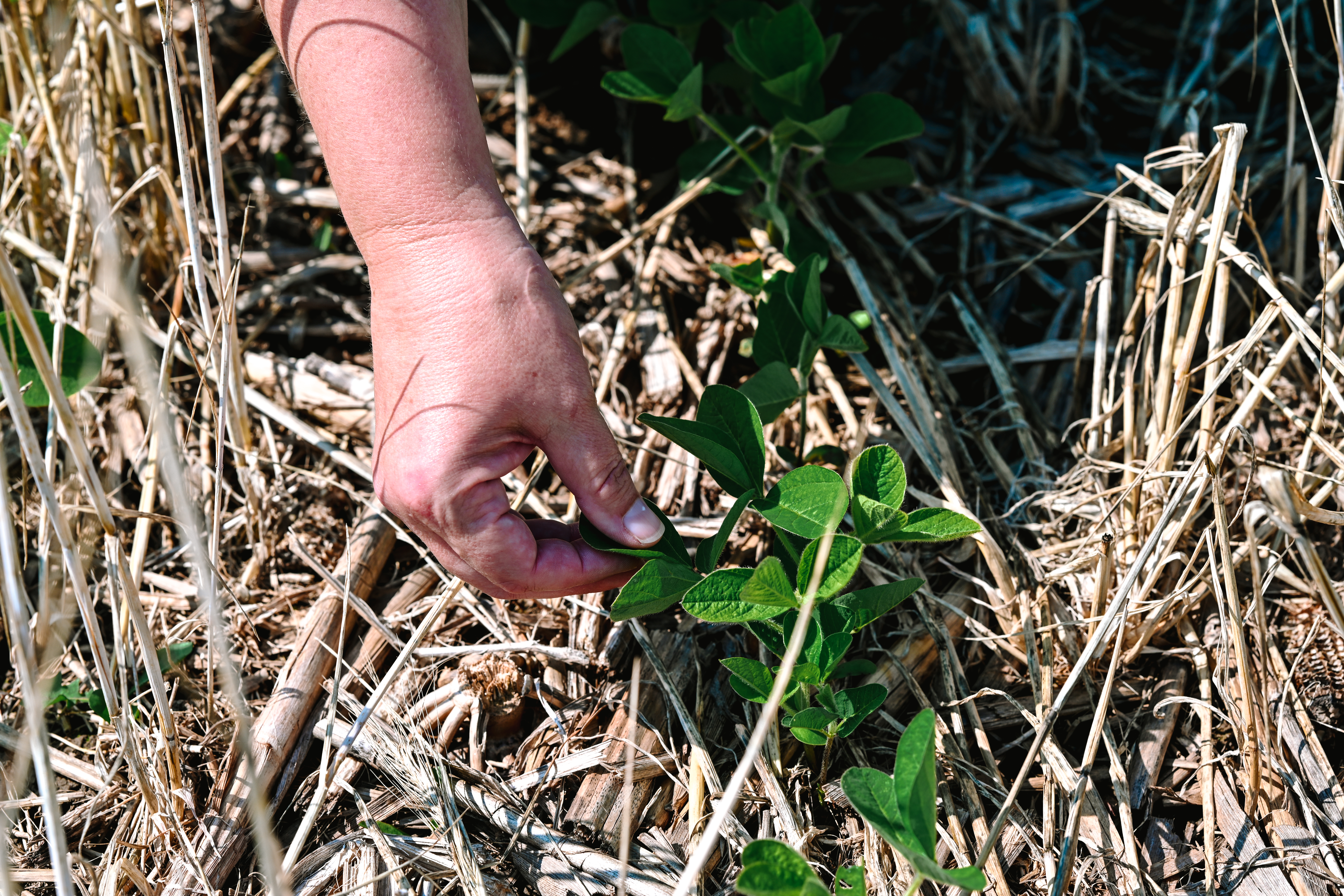The “Dirt” on Carbon Contracts: Top 5 Things to Consider Before Signing
1. Contract Length
There are a wide variety of contracts for carbon out there, but when specifically talking about the contract length, programs can vary between a 1 year contract and a 10 year contract, or longer. There are pros and cons to each length, depending on your intentions to trial a practice versus permanently changing it, but specifically what you need to consider here is the talk of permanence. Carbon companies need to partner with farmers and ranchers that will continue these practices into the future to ensure permanent CO2 removal from the atmosphere, regardless of contract length. These terms and what it means for your operation, should be outlined in your contract and discussed with representatives from the companies.
2. Data Requirements & Privacy
Data is a hot topic these days and an important aspect to consider when reviewing a carbon contract. For instance, you may have your data organized in a precision ag software program, or you may have your data stored in hand written books in your desk. Either way, carbon companies are going to ask you for it. Why? To get a certified ag-based carbon credit, verifiers need to know things like has this practice change affected your yields, how much were you tilling before signing up, and how many livestock are grazing an enrolled pasture. Questions you should know the answers to before signing a contract: is there support to help you collect data should the need arise, is there a third party organization that can view or use your data, and why is it needed?
3. Risks
When evaluating a carbon contract, know what the risks are associated with your new carbon journey. For example, what happens if you lose a leased piece of land, if you have to till your ground due to an adverse weather event, if you don’t sequester the amount of carbon predicted. In these “what if” instances, knowing if you’d be responsible for returning any prepayments is critical. Also prioritize understanding if support is available to help you decide the best course of action to stay within the limits of the contract. Lastly, be sure to know if you’d be responsible for any finance costs associated with the practice changes before you get a payment. For example, you may desire to be paid before making these changes in order to offset the upfront investment costs associated with the practice change. In short, understand the risks, their impacts, and how to mitigate them.
4. Payment
The most frequently asked question is how much will I be paid. The answer is more in depth than just that initial dollars per acre or per ton of CO2. Make sure to understand what is being paid for and what your costs are. One misunderstanding is that all companies are paying for the practice changes, so therefore, payment should cover costs. This is not the case and it is important to note, inputs such as fertilizer and seed fluctuate in price, so the payment may not cover all of the input costs. Some carbon companies are paying for sequestered carbon by using the outlined practices from the carbon registries. That being said, you should know how the carbon is to be measured. Is it estimated from a model, will you actually take physical soil samples, or a combination of both? Know your payment schedule and how that can influence the overall payment of the contract. For example, a longer contract term gives the market additional time to mature and future increases in carbon credit demand may result in a higher overall payout amount.
5. Terms & Conditions
Know the restrictions of miscellaneous practices on your farm/ranch and how other contracts might conflict with a carbon contract. For example, if you are enrolled in a program that pays for cover cropping, that can disqualify you from a carbon program due to this practice no longer being additional. Same goes for enrolling the same acre in multiple carbon programs, understanding what is allowed and what isn’t. Another example is how your current or future contracts for hunting leases, oil and gas leases, solar farms, etc. will interact with a carbon contract.



